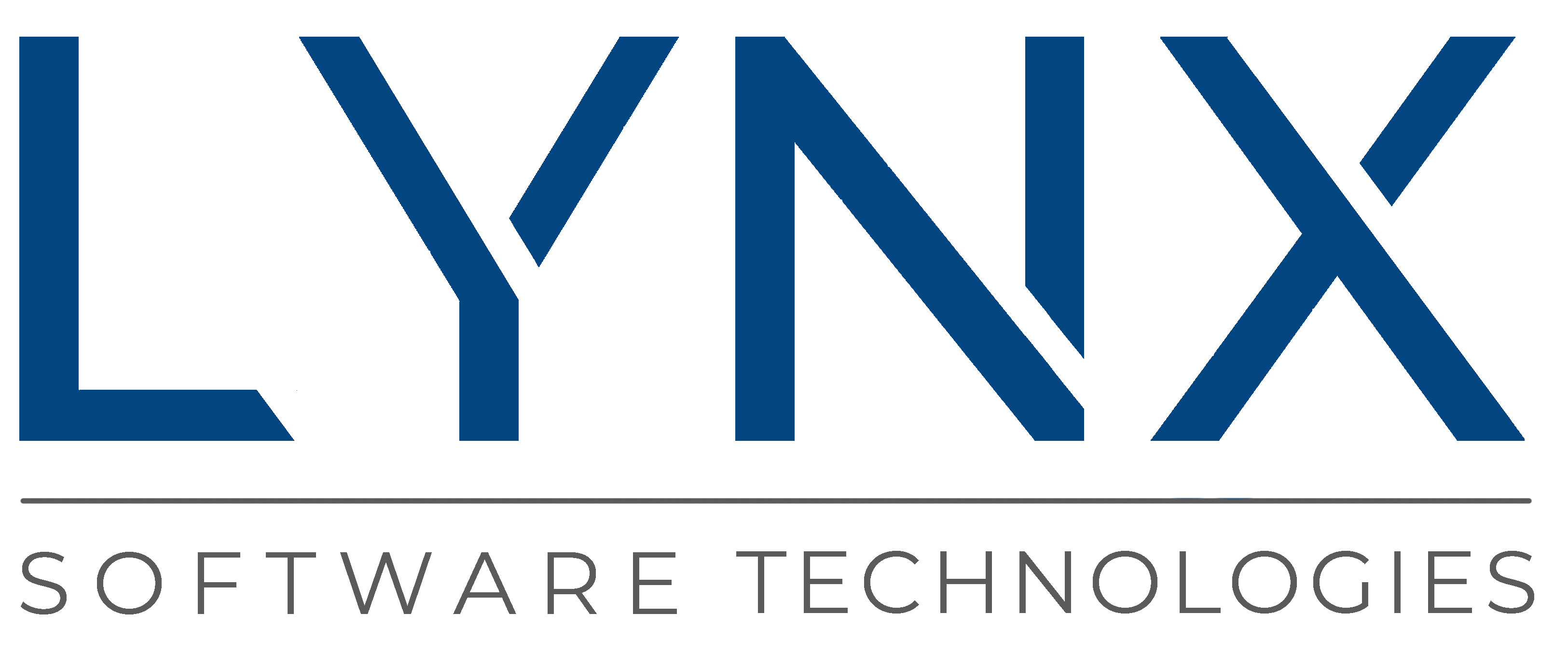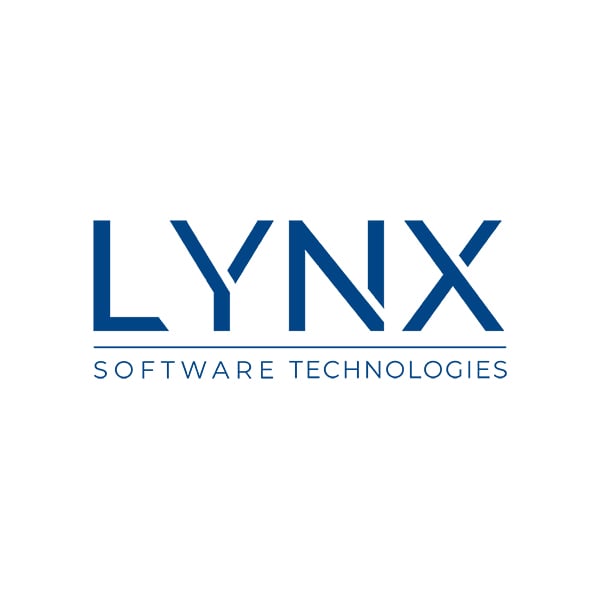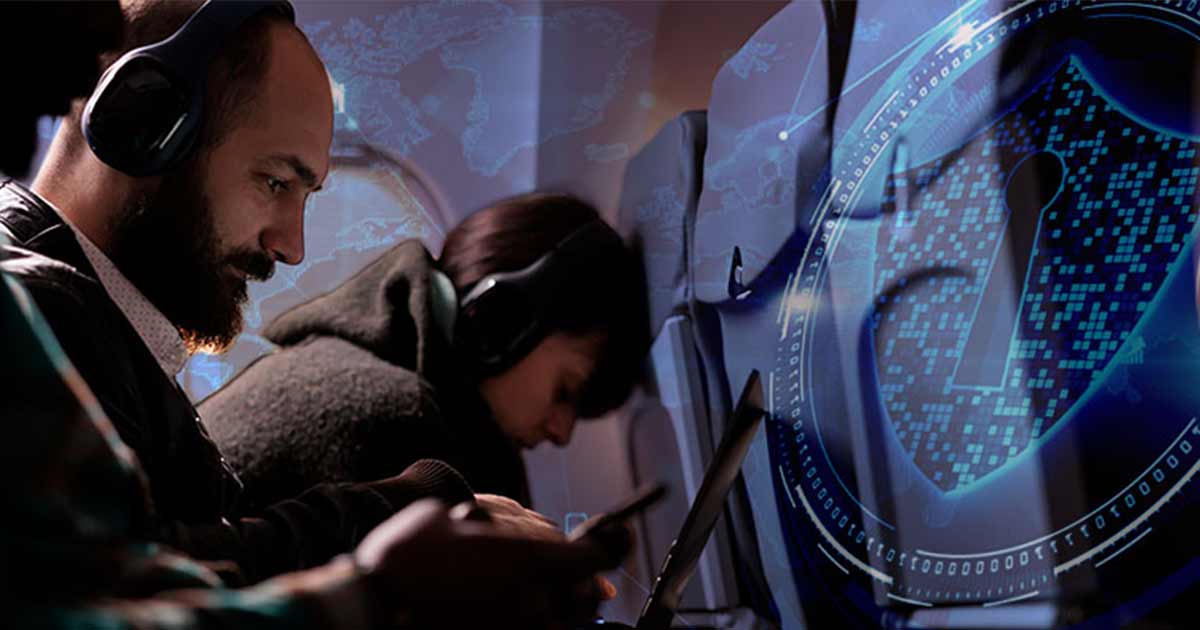This spring, Lynx Software issued a survey to gauge consumer interest in autonomous vehicles and their confidence in their safety. The findings? Despite one in four respondents admitting to breaking the law on a daily basis while behind the wheel, a whopping 80% had more trust in human drivers than a self-driving automobile. The findings did show an overall hope in the promise of autonomous vehicles -- with more than half (52%) of respondents expressing excitement at the idea of self-driving cars, but the industry still has a long road ahead before most consumers will feel comfortable with no one behind the wheel.
What’s behind this consumer hesitation? Safety. More than a third (35%) of respondents said they do not believe that today’s autonomous vehicles are safe, and 65% stated that not enough testing has been done for them to feel safe riding in a self-driving auto. Notably, a third of respondents said they’d rather swim with sharks than ride in an autonomous vehicle. These are significant roadblocks to adoption.
Other findings from the survey include:
- While only about a third (36%) of respondents were eager to give up full control when behind the wheel, more than half (57%) said they would use a self-driving train, bus or taxi.
- Half of respondents said they plan to own an autonomous vehicle, while an additional 26% would consider it.
- Nearly three-quarters (72%) of respondents expect that a majority of people would regularly use some type of autonomous vehicle by 2041 - that’s just 20 years from today!
Contemporary automobiles already contain upward of 100 million lines of code, and automation will only cause that volume to increase. Some analysts believe that the number for L4 (fully autonomous vehicles for a specific set of constraints [weather, specific geofenced area, only freeways etc.] and L5 (fully autonomous all the time) approach 1 billion lines of code. The additional sensors and connectivity required for self-driving vehicles will require the type of processing hardware that is typically found in the data center. The power, cost and footprint constraints of the car is pushing manufacturers to adopt virtualization techniques to run multiple applications concurrently on shared ,multicore processors. These advanced technologies - and the potential risk of death if something goes wrong - will require fail-safe systems to ensure that the mission-critical processes are able to continue to operate in the event that a non-critical aspect of the system fails. While safety was one of the primary fears that people cited in this survey for their hesitation, in an increasingly connected world, these systems must be as impervious as possible to cyberattack and (since no system is foolproof) be able to recognize they have been compromised almost immediately.
The implication to the software architecture is the use of virtualization. We have yet to see a new system architecture that DOESN’T require a hypervisor like LynxSecure . These cannot have a root operating system that manages all resources as a failure or unauthorized access will have catastrophic consequences.
As the industry continues to advance self-driving cars, drones and other vehicles, it will be critical that carmakers and other manufacturers consider not only how to make these vehicles efficient and affordable, but also completely faultless in their safety. From Lynx’s long track record working with aerospace and defense companies, we know first hand what “mission critical” means when failure is not an option. Customers such as Lockheed Martin , Collins Aerospace and General Atomics value the LACK of a root login to our separation kernel and the least privilege model where a virtual machine can only access the system resources it is entitled to and nothing more. And that those allocations cannot be changed after the system has booted. Educating consumers about these protocols and safety practices passengers, tier 1 hardware providers and OEM manufacturers need to embrace is paramount and part of the mission we are on.



 Lynx Software Technologies
Lynx Software Technologies


